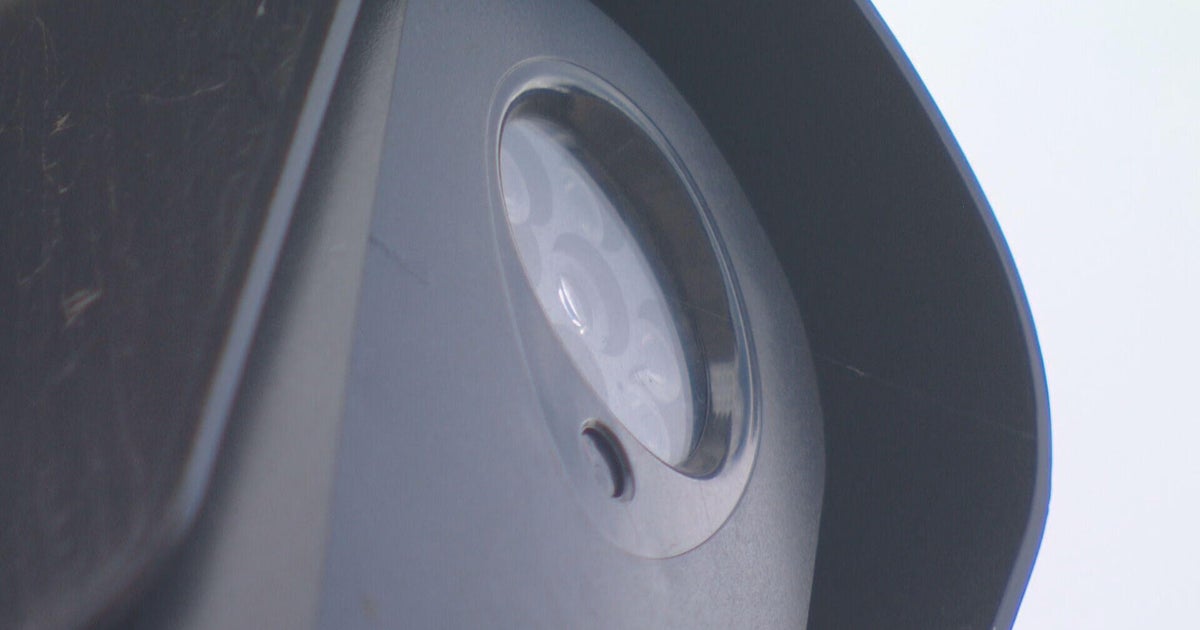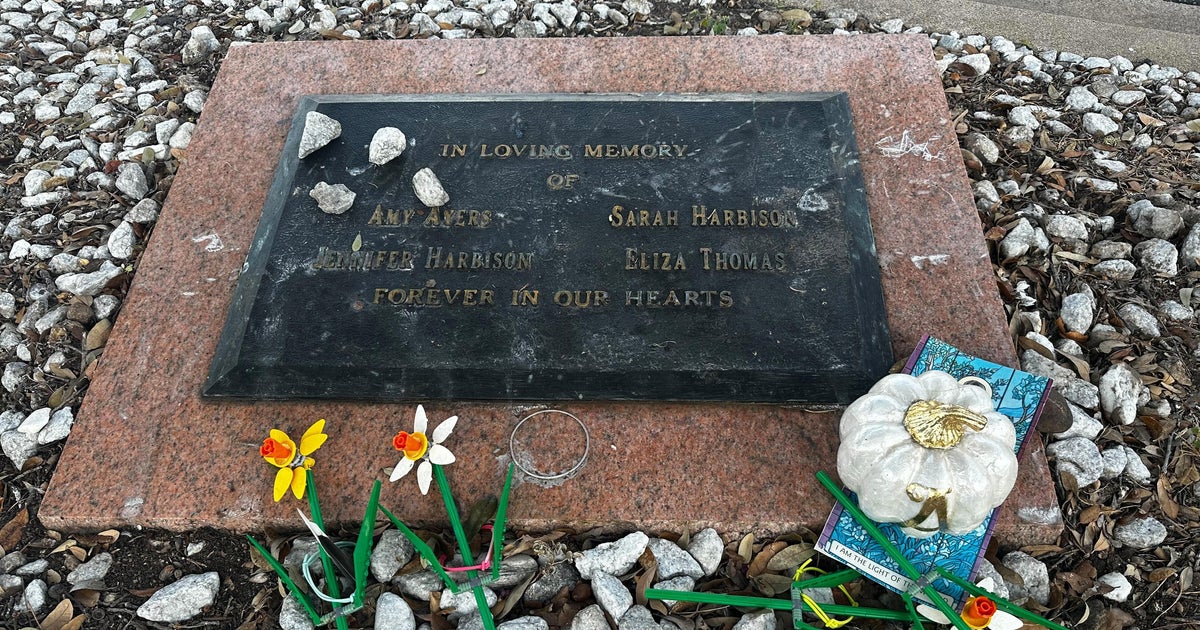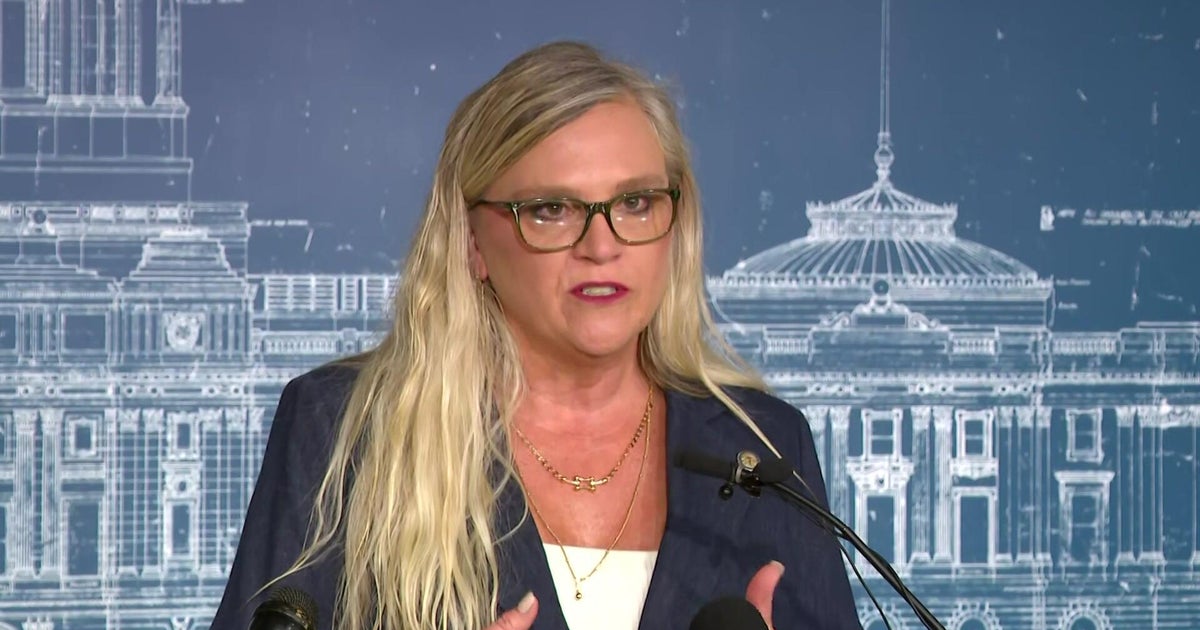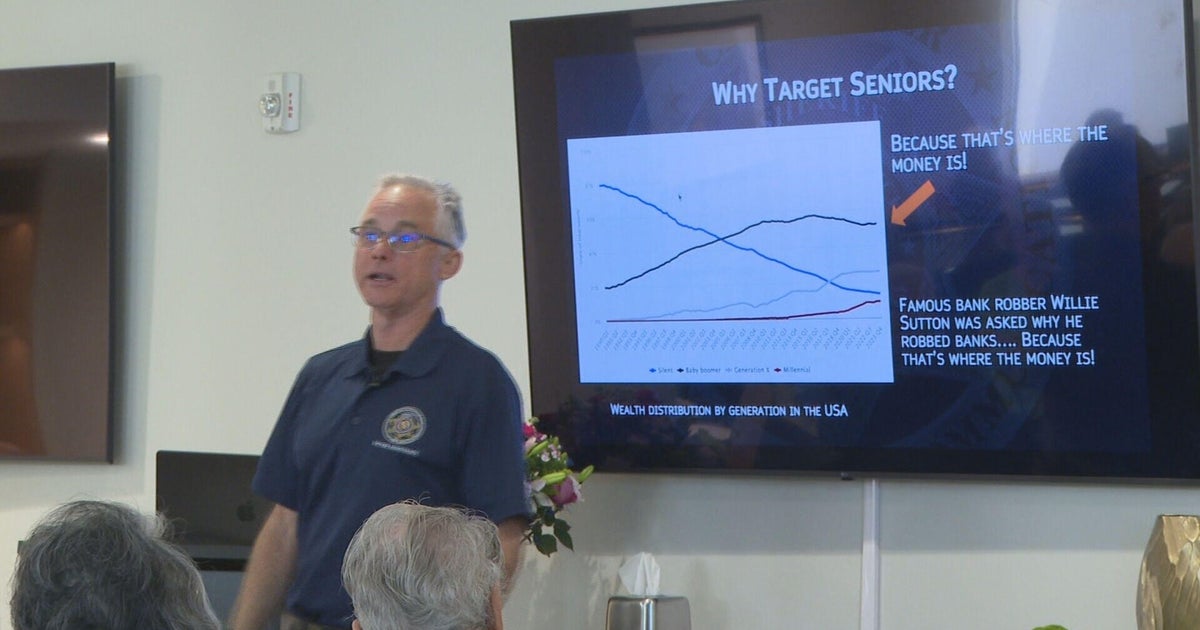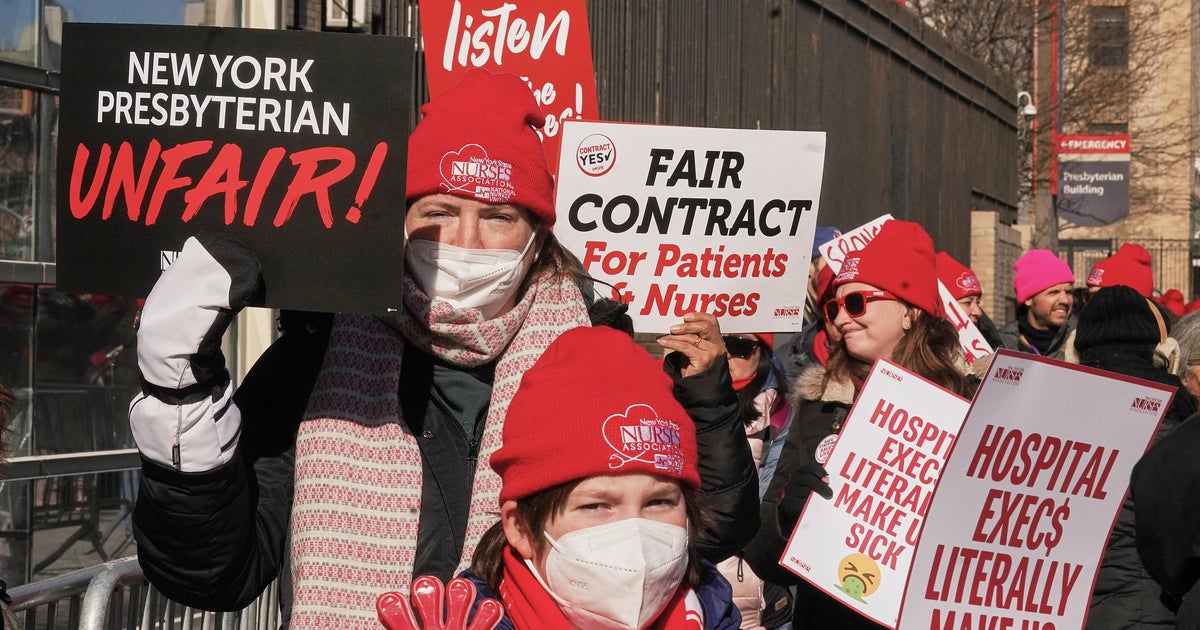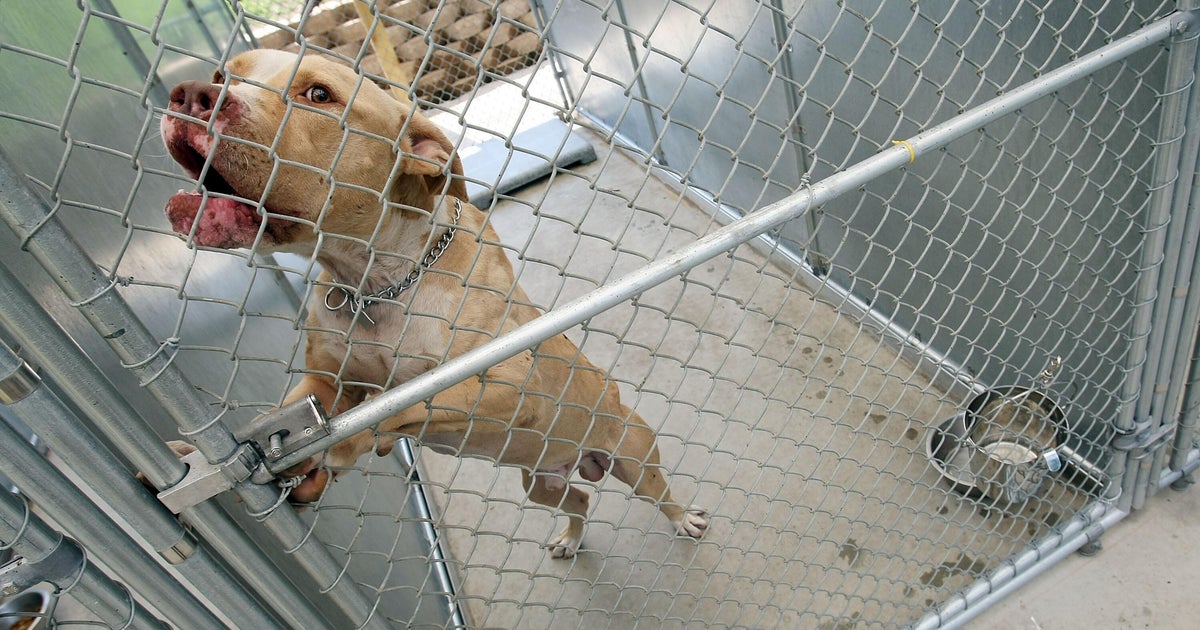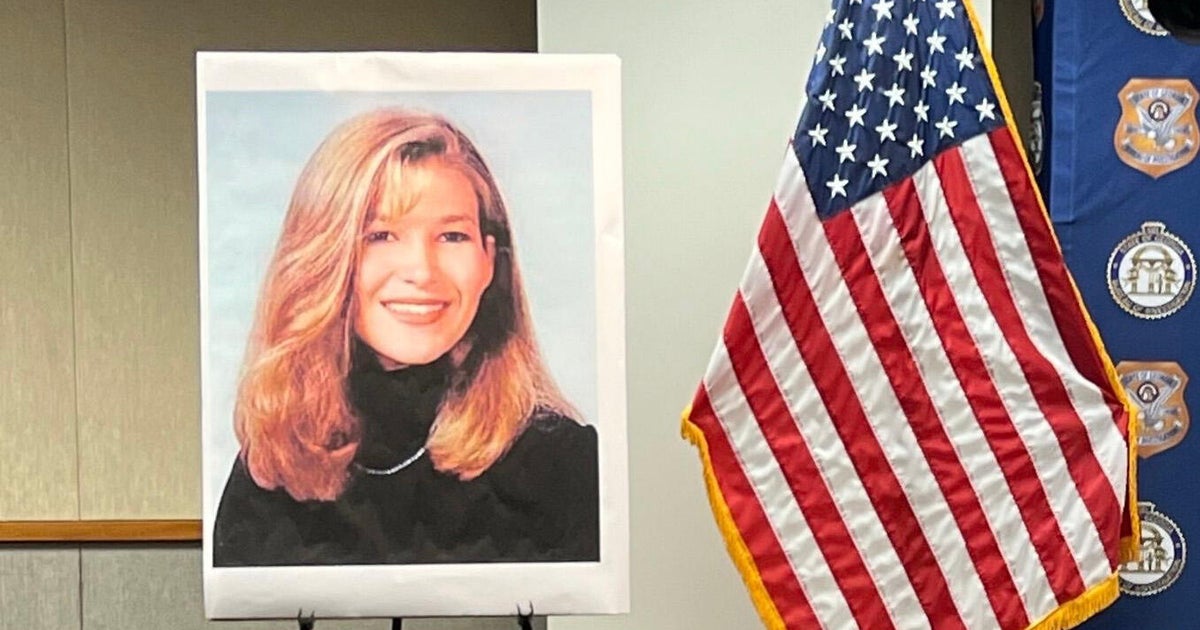Wis. Lawmakers Poised To Vote On Wrongful Conviction Compensation
MADISON, Wis. (AP) — Wisconsin lawmakers are set to vote Tuesday on a measure that would dramatically increase compensation for people who have been wrongly convicted of crimes.
Currently payouts for people who are wrongly convicted are capped at $5,000 for each year spent behind bars, with a maximum payout of $25,000. The bill would raise that to $50,000 per year, with an overall limit of $1 million. Those figures would be adjusted for inflation every five years.
The bill would also provide people who are wrongly convicted with access to the state's health insurance program and transitional services, such as job training and housing. An amendment passed in committee would limit that person's access to state health coverage to five years or the period of time he or she was incarcerated, whichever is shorter.
The new compensation levels would apply to claims filed by anyone who was exonerated then released on or after Jan. 1, 1990. To obtain compensation, the individual would need a declaration of innocence from the state Division of Hearings and Appeals and would have to repay the state any money won in a civil lawsuit. The bill would also require removal of the individual's case from the state's public online court database.
The Assembly is scheduled to vote on the bipartisan bill in a session beginning at 1 p.m. If approved, it will go to the Senate.
The issue of wrongful conviction has gained increased attention following the release of the Netflix series "Making a Murderer," which focuses on Manitowoc County native Steven Avery who served 18 years in prison for sexual assault before he was exonerated. A few years after his release, Avery was convicted of first-degree intentional homicide and sentenced to life in prison in the 2005 death of photographer Teresa Halbach.
Prior to his arrest in Halbach's death, Avery filed a wrongful conviction lawsuit against Manitowoc County for $36 million. He settled for $400,000.
(© Copyright 2016 The Associated Press. All Rights Reserved. This material may not be published, broadcast, rewritten or redistributed.)
